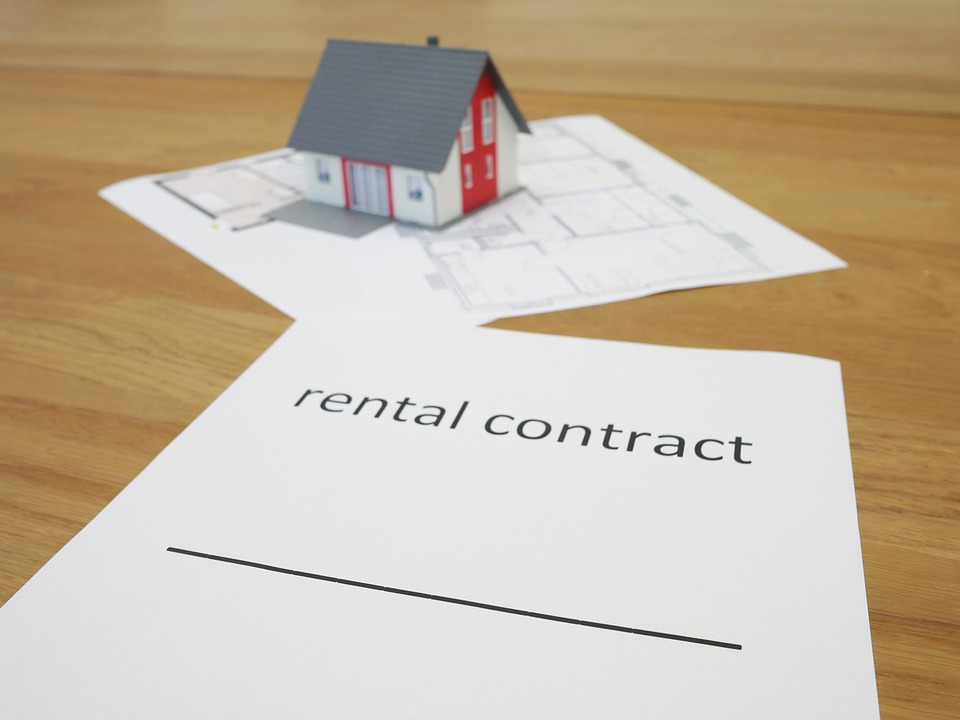Three quarters (74%) of landlords have been contacted by tenants saying they will struggle to pay their rent since the government’s COVID-19 measures were introduced on 23 March.
Renters’ unions are calling on the government to suspend rents for the duration of the coronavirus crisis.
However Paul Shamplina, founder of Landlord Action, says there is no ‘one size fits all’ approach, as landlords too have bills to pay and families to feed.
He said: “This is a nightmare scenario for everyone – landlords and tenants alike. It is really important that landlords do what they can to sustain the tenancy if possible, bearing in mind the court system is suspended and if a tenant vacates, there is a worry the property could be empty for a while.
“It is about working together in a practical way, understanding each other’s limits and supporting one another as best we can to get through this. I know of landlords who are in a privileged enough position to hold their tenants’ rent and have done so.
“However, the vast majority of private landlords own one or two properties, many with mortgages, and they too will be facing the same challenges of job losses.”
Over a third (36%) of landlords said they would struggle to pay their mortgage if their tenant did not pay rent this month.
Landlords can apply for up to a three-month payment holiday on their mortgage if their tenant’s income has been affected by this crisis, though some are worried about asking for fear of affecting their credit rating.
Landlords who have already fallen behind with mortgage payments due to rent arrears prior to the crisis may also struggle to access a mortgage holiday.
Shamplina added: “We’ve been inundated with phone calls from landlords concerned about rent payments and our advice is this: Speak to your tenants. Understand how they are financially impacted; explain how you will be financially impacted.
“Where possible try and come to an arrangement with them, understand what government support they are asking for. Having something to help cover the mortgage is better than nothing.”
Landlord Action has drawn up Rent Repayment Agreements for landlords providing a template which enables them to set out agreed terms of the repayment with their tenant.
BY RYAN BEMBRIDGE
Source: Property Wire


